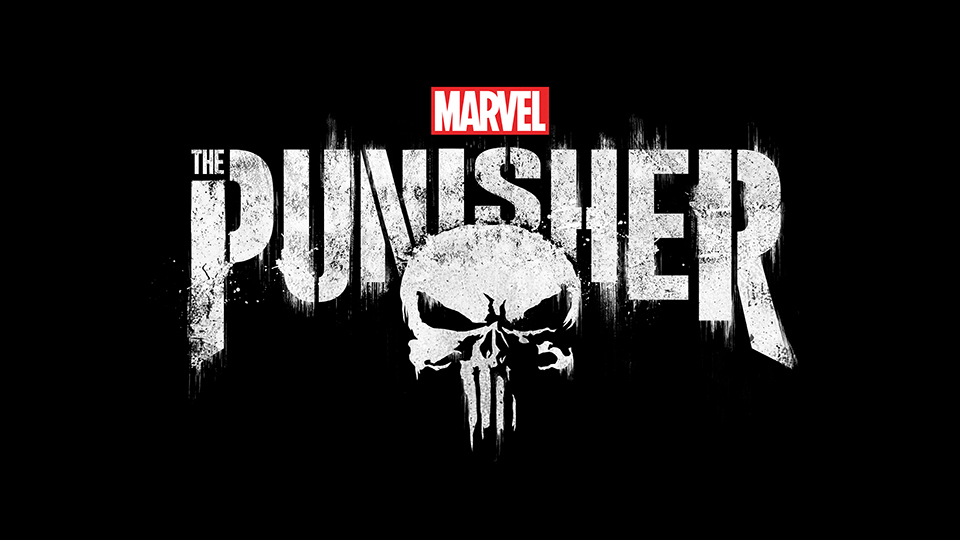Over the last few years or so it may have felt as though the Netflix upload schedule had become somewhat oversaturated with B-list comic book characters (Jessica Jones, Luke Cage, Iron Fist) finding their platform in a less-mainstream outlet than the box-office. It was about time something changed and in terms of breaking the mould, it was an astute choice to choose Frank Castle (AKA The Punisher), an anti-hero with questionable morals and no superpowers.
Keeping with the Marvel development plan of having almost every character’s story-arc intertwine with another series or film, series one of The Punisher picks up at the end of series two of Daredevil, in which we were introduced to the grizzly, scarily single-minded ex-marine trying to cope with his family’s murder through his particular brand of gory justice. However, the narrative cleverly flicks between then and his time in the marines, making this first series a unique blend of sequel and prequel and allows us to skirt around the usual Hollywood, “tragedy causes new set of values”, character origin tactfully and slowly during a satisfyingly long 13 episode series.
It is perhaps a testament to how successful this series was in breaking the archetypal comic book hero story arc that watching this series feels more like a series long addition to the Bourne films than it does a heart-warming, feel good, put-it-on-in-the-background flick. This is achieved largely by two stellar performances from Ebon Moss-Bachrach as former data analyst and tech-savvy spook, David Lieberman, and Amber Rose Revah as irrepressible Homeland Security agent Dinah Madani. Jon Bernthal’s gritty performance as super soldier Frank Castle is made most impressive, perhaps surprisingly, by the heartbreaking attachment he forms with the family of his presumed dead partner David Lieberman. The undeniable success he finds in superficially relating to this family and the willingness with which they accept him into it, is touchingly juxtaposed with his slow realization that however much he cares for this family, and however much that feeling is reciprocated, they will never be his own.
If there were any small patches of this otherwise streamlined storyline that felt drawn out or even boring, I’m willing to bet that it was largely down to the incorporation of central Daredevil character Karen Page (Deborah Ann Woll). Rather than the character itself being intrinsically boring, the role she plays seems to occur alongside the story rather than intertwining with it and doesn’t have enough grab to merit its time on screen by itself. We can only hope that her part is to be extended in the upcoming seasons and what we’ve seen this season has been merely her introduction.
Beyond shattering stylistic conventions, it seems the series has also taken it upon itself a social responsibility to highlight perhaps the futility of war. No character returns from Afghanistan without having left something there; for some a dead partner, for others a leg, and for our protagonist it seems to be the feeling of belonging that was so cruelly made unattainable for him at home.

